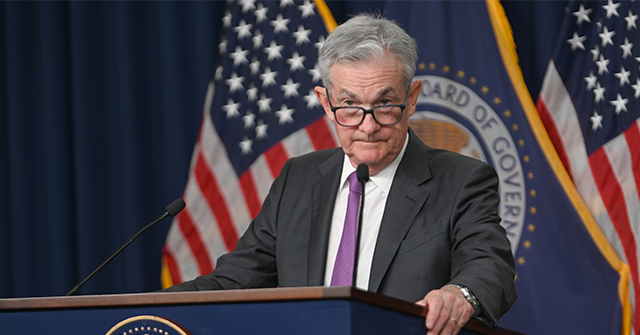
In a critical analysis of the Federal Reserve's recent economic policies, John Carney from Breitbart highlights a significant disconnect between the Fed's restrictive monetary stance and the actual performance of the economy. Despite the Fed's claims of a slowing economy, recent data indicates a robust economic output. The S&P Global's PMI index, a key measure of business activity, surged from 54.9 in November to 56.6 in December, marking the fastest expansion in business activity since March 2022. This uptick suggests that the economy is gaining momentum, contrary to the Fed's restrictive measures [4ec64dfc].
Furthermore, the Atlanta Fed's estimates for fourth-quarter growth stand at an impressive 3.3%, well above the Fed's long-term trend of 1.8%. This growth is complemented by the National Federation of Independent Business (NFIB) reporting a rise in the small business optimism index to 101.7 in November, the highest level since June 2021. This increase in optimism reflects a broader confidence among small business owners, who are increasingly optimistic about their economic prospects [4ec64dfc].
However, the manufacturing sector continues to face challenges, although there are emerging signs of optimism. As businesses navigate these complexities, the Fed is under mounting pressure to reconsider its interest rate policies. Many analysts argue that the current economic growth warrants a reassessment of the Fed's restrictive approach, particularly as inflation remains a concern for many business leaders [4ec64dfc].
This situation underscores a critical moment for the Federal Reserve as it grapples with the implications of its policies amid a backdrop of unexpected economic resilience. The juxtaposition of rising economic indicators against the Fed's cautious stance raises questions about the effectiveness and accuracy of its current monetary policy [4ec64dfc].